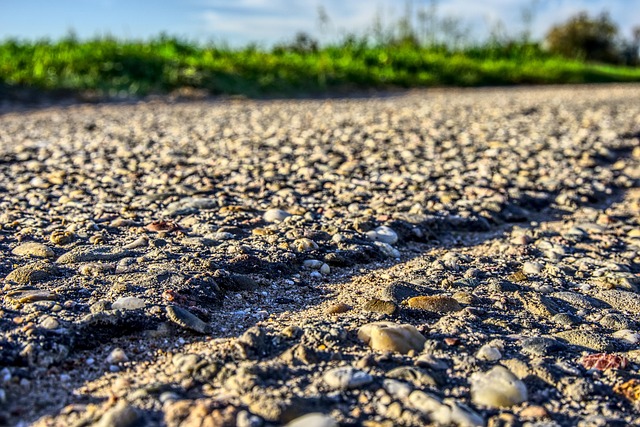As the effects of climate change become increasingly apparent through extreme weather events, the importance of taking meaningful action to protect our planet has never been more urgent. One of the most effective, yet often overlooked, ways to mitigate this crisis is through recycling. Every time we recycle, we take a stand against the destructive patterns that contribute to climate change and environmental degradation.
Extreme weather dramatically affects our environment, leading to devastating floods, wildfires, and storms that disrupt ecosystems and endanger wildlife. These events are not mere coincidences; they are connected to our consumption patterns and waste management practices. By incorporating recycling into our daily lives, we can actively participate in combatting climate change. Recycling reduces the need for new materials, which in turn lowers greenhouse gas emissions associated with manufacturing processes.
Consider the journey of a plastic bottle. When you recycle it, you’re not just disposing of waste; you’re preventing a harmful item from ending up in a landfill or our oceans, where it can contribute to significant environmental harm. The energy saved from recycling a single plastic bottle can power a light bulb for up to six hours. This is not merely a statistic; it’s a testament to how small actions can have a profound impact.
In the context of extreme weather, effective recycling is an essential part of our climate resilience toolkit. Efficient waste management helps to minimize the resources we extract from our planet, conserving energy and reducing emissions. The connection between recycling and environmental protection becomes increasingly clear when we consider the long-term benefits of a circular economy, one that prioritizes sustainability and renewable resources.
Moreover, recycling promotes a culture of responsibility towards our environment. Communities that actively promote recycling programs often witness a shift in mindset among their residents. People begin to recognize their individual impact on the planet and become motivated to make further changes, whether that includes reducing their overall waste, supporting local green initiatives, or lobbying for stronger environmental policies. This collective effort can transcend local communities, creating a ripple effect that inspires broader societal change.
However, despite the terrific potential that recycling offers, many communities still struggle with effective waste management. Engaging in recycling should not feel like an afterthought; it needs to be prioritized in education, policy, and community resources. Local governments can make a significant difference by implementing efficient recycling programs and collaborating with NGOs to raise awareness about climate change and the role of recycling.
Moreover, as individuals, we must stay informed and actively participate in our communities. Support local businesses that prioritize recycled materials, advocate for better recycling facilities, or even start your own initiative to enact change. The message is clear: Recycling is not just about managing waste; it’s about embracing a lifestyle that is conscious and compassionate towards our environment.
As extreme weather patterns become the new norm, we all must take proactive steps. By committing to recycling, we invest in a sustainable future, reducing our carbon footprint, and ensuring that we leave a healthier planet for generations to come. In the face of climate change, every action counts, and recycling stands out as a beacon of hope and responsibility.




